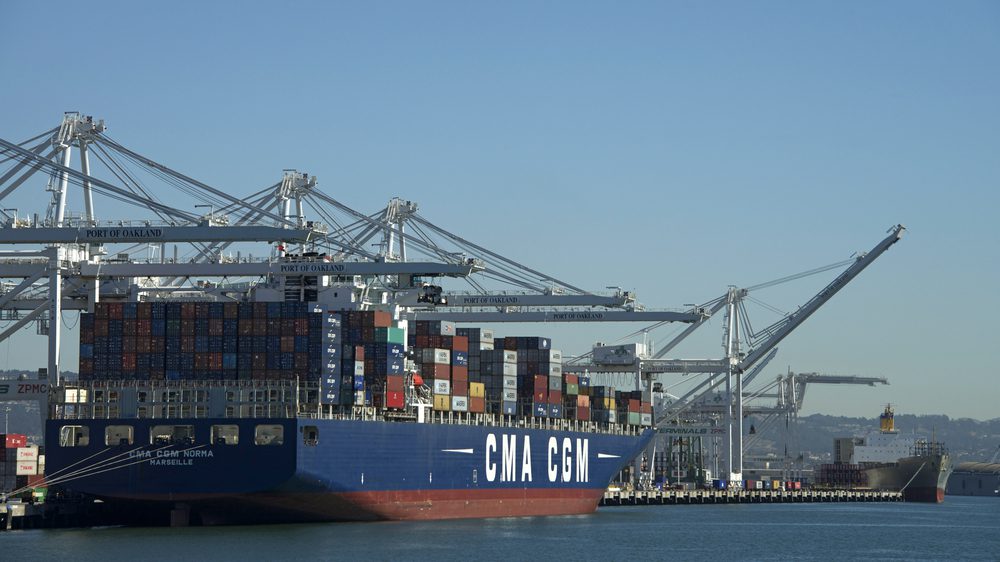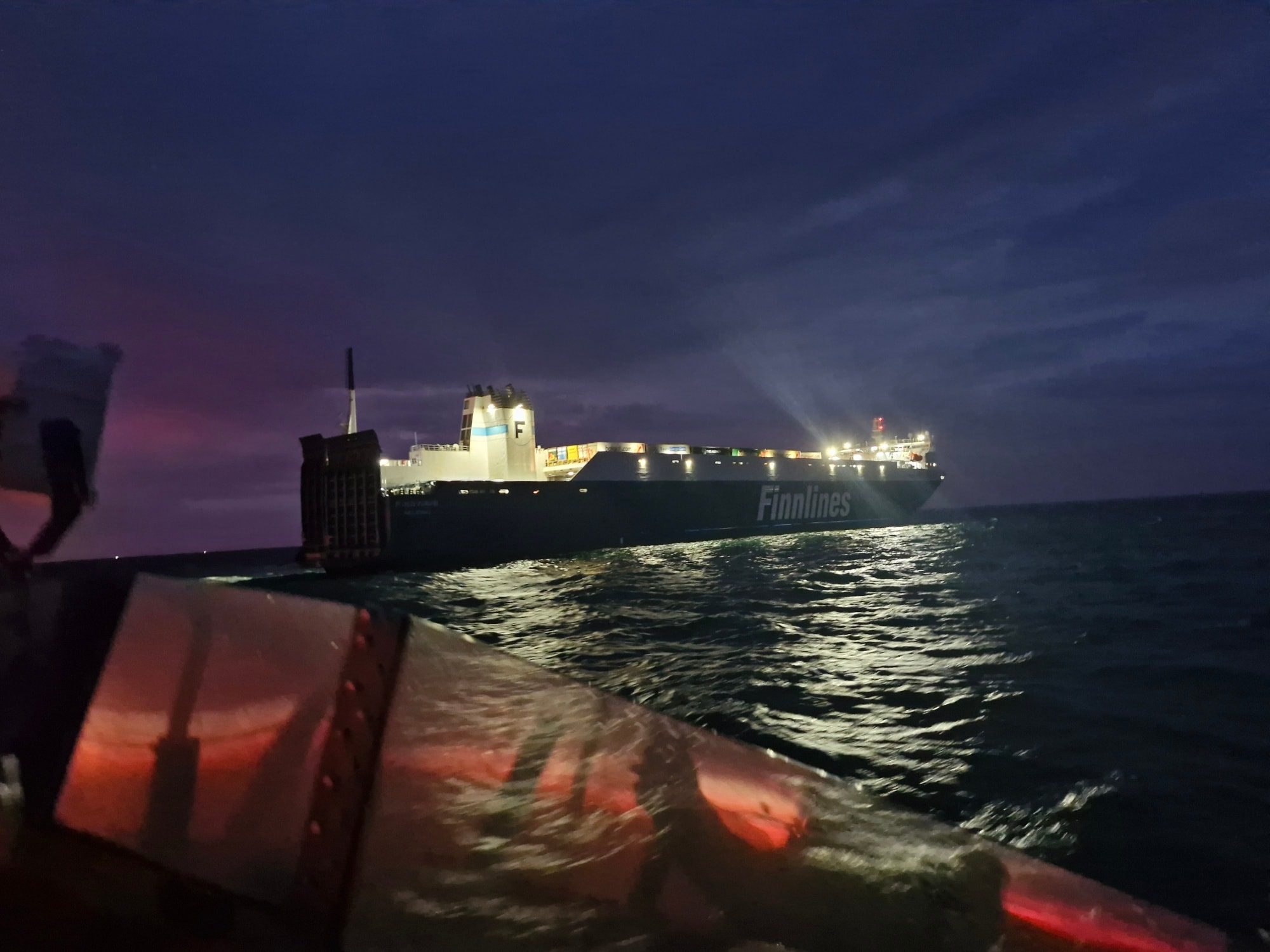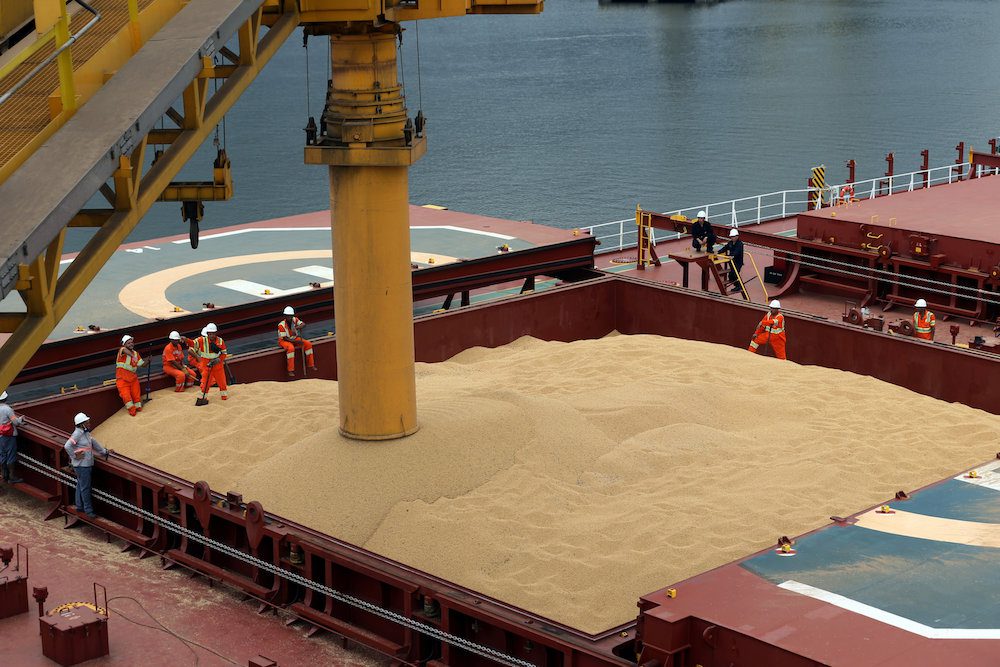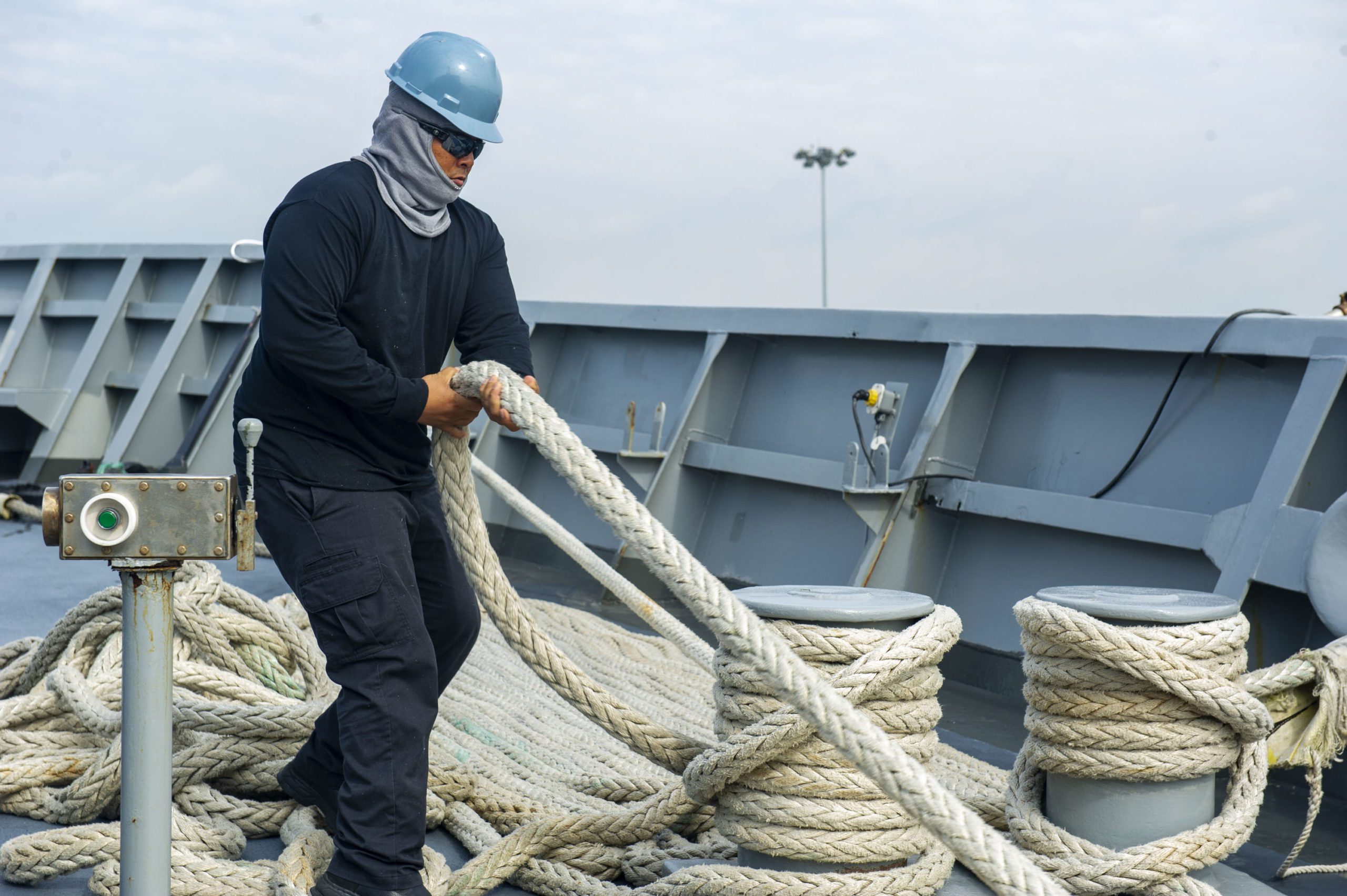The U.S. Environmental Protection Agency (EPA) has reached a settlement with CMA CGM, the world’s third-largest shipping container company, regarding alleged violations of the Clean Water Act’s Vessel General Permit.
As part of the agreement, CMA CGM will pay $165,000 in penalties for violations committed by four of its ships. The violations pertain to various aspects of ballast water discharge, recordkeeping, inspection, monitoring, and reporting.
The Vessel General Permit is a key component of the Clean Water Act, designed to safeguard the quality of the nation’s waters.
“When companies and their ships don’t comply with this permit, the quality of our nation’s already-challenged waters can be seriously impacted,” said EPA Pacific Southwest Regional Administrator Martha Guzman. “It’s incumbent upon vessel owners and operators to properly manage what they discharge into our oceans, and to meet their monitoring and reporting requirements.”
The EPA alleged that CMA CGM failed to adhere to several requirements, including the proper treatment of ballast water before discharge at U.S. ports, recordkeeping of annual comprehensive inspections, annual calibration of a ballast water treatment system, monitoring, and sampling of discharges from ballast water treatment systems, and submission of complete and accurate information in annual reports.
The settlement covers penalties for specific vessels, namely $48,277 for the CMA CGM A. Lincoln, $48,233 for the CMA CGM T. Jefferson, $52,197 for the CMA CGM Fidelio, and $16,293 for the APL Columbus.
The EPA says self-inspections are vital for identifying potential sources of pollution, equipment issues, or violations of the permit, empowering owners and operators to address problems promptly and remain compliant with U.S. law. Given that the Clean Water Act relies on self-reporting by permittees, violations related to inspection, monitoring, and reporting undermine the effectiveness of the permit program.
Monitoring ship discharges is also essential to protect aquatic ecosystems from pollutants. Invasive species can be introduced through improper management of ballast water, disrupting habitats and posing threats to local species. Discharges of other regulated waste streams like graywater, exhaust gas scrubber water, and lubricants can also have toxic impacts on local species or contain harmful organisms.
The settlement between EPA and CMA CGM resolves Clean Water Act violations but is subject to a 30-day public comment period before final approval.

 Join The Club
Join The Club











